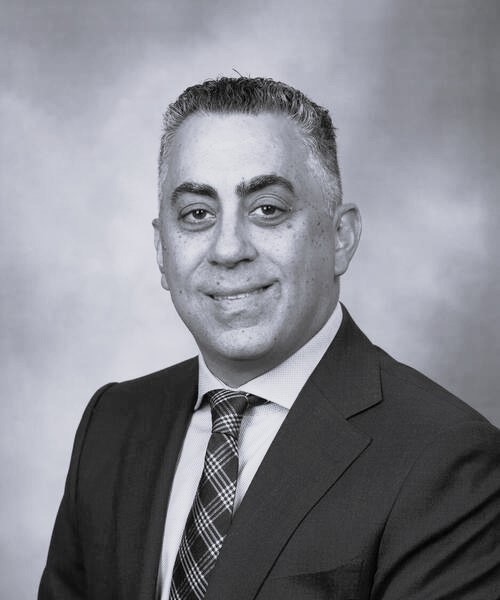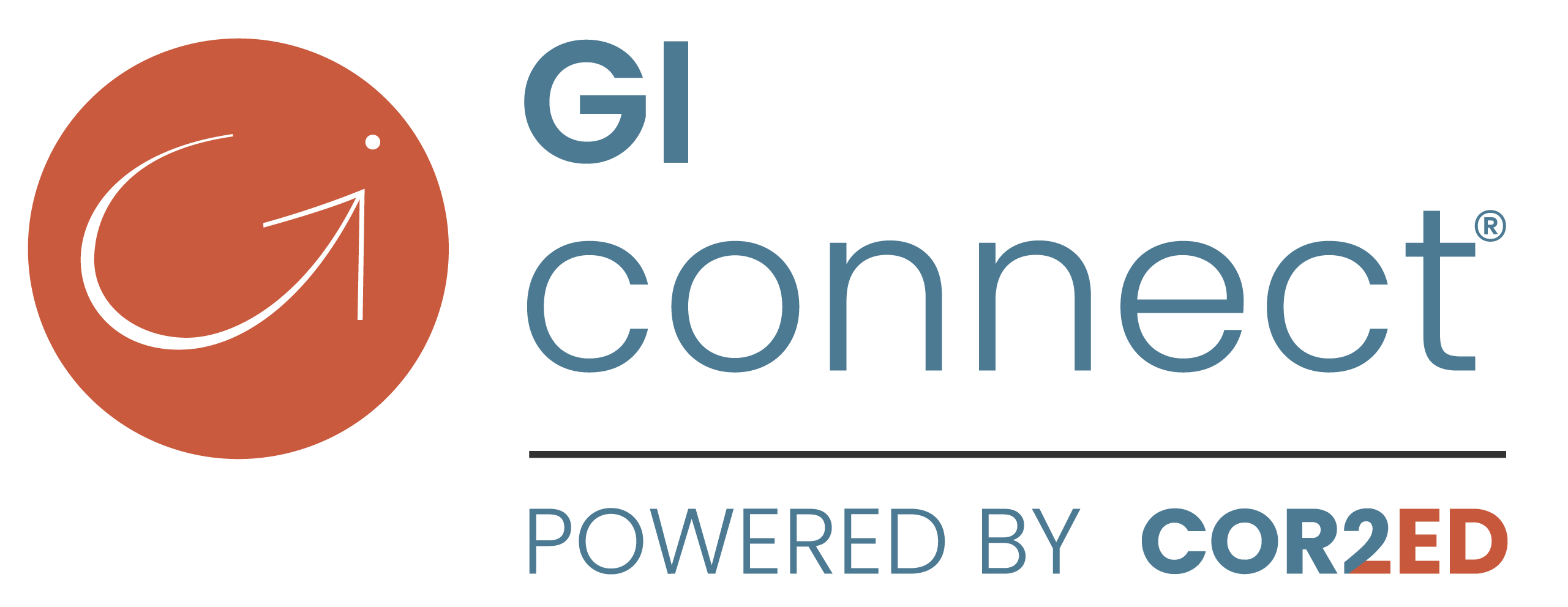In this podcast, GI oncologists Prof. Tanios Bekaii-Saab and Prof. Shubham Pant discuss how to use data from real-world evidence studies alongside data from clinical trials to optimise the management of patients with metastatic colorectal cancer.
The medical experts review:
- Recent real-world evidence presented at ASCO GI 2024 from studies in later-line treatment of metastatic colorectal cancer
- What is meant by real-world evidence, and the types of information sources included
- The challenges and considerations when using real-world evidence
- How HCPs can use real-world evidence alongside data from clinical trials to inform patient management
Clinical Takeaways
- Randomised clinical trials are the gold standard to determine causal effect and help guide clinical practice, but do not represent patients in routine clinical practice
- Real-world evidence can augment traditional clinical data by providing useful efficacy and safety information of treatments in patients representative of those in clinical practice
- However, we need to be mindful of the limitations and potential biases that might arise from real-world data collection and analysis methods







 Downloadable
Downloadable  20 MIN
20 MIN
 Feb 2026
Feb 2026 







